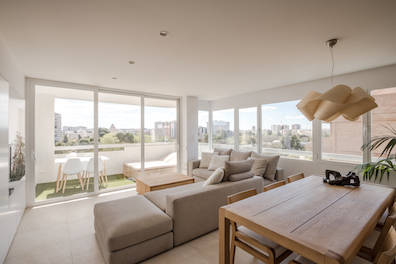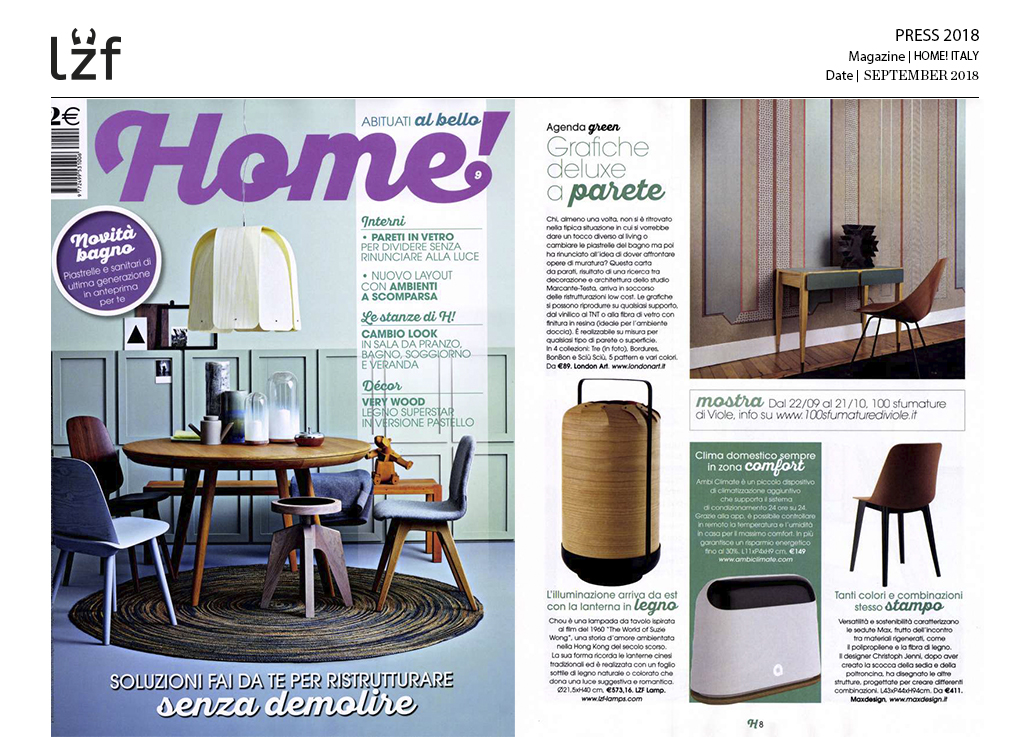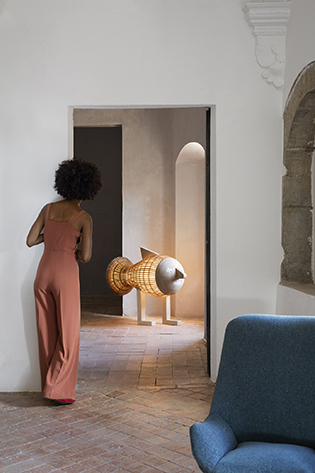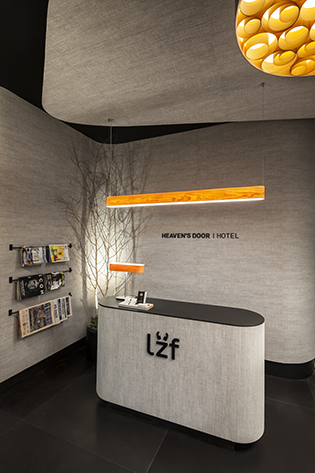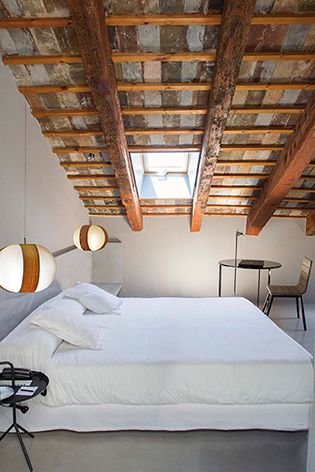Time and time again, healthcare facilities underrate the evident potential of light in healthcare interior design to positively impact a person’s health and well-being. As a consequence, light is often misused in hospital interior design and care homes for the elderly. The effect is one that contributes to various unpleasant conditions, from a harsh glare to a numbing dullness.

The Cuad pendant lamp by Burkhard Dämmer in the Cordaan Medical Centre, Amsterdam
A fundamental aspect of lighting is to help people see. In care home design and nursing home design for example, more light is necessary because our eyesight naturally deteriorates as we age. Moreover, for individuals with dementia the ability to see well is, in many cases, further reduced. Affected by dementia, the brain’s capacity to handle visual signals is considerably lessened, thus increasing the person’s level of anxiety.

The Saturnia pendant lamp by Oskar Cerezo in the Haga Hospital Holland

The I-CLUB wall lamp by Burkhard Daämmer in the Cordaan Medical Centre, Amsterdam
The importance of ambience cannot be underestimated: a space whose mood is pleasant will augment the overall healing environment, benefiting both staff and patients, from gratification to well being. In addition, well-planned hospital lighting fixtures support the differing needs of staff and patients, including task-oriented pendants and calming wall lamps. Contemporary LZF pendants, such as the Saturnia and Cuad, cast a strong and agreeable downward light. Cosy wall lamps, including the I-CLUB, Hi-Collar and Orbit, impart a homey and pleasing glow through warm wood veneers and are perfect as care home lighting.

The Orbit wall lamp by Miguel Herranz in Mattew´s House, Abbotsford, BC

The Saturnia pendant lamp by Oskar Cerezo in the Hospital Slotervaart, Amsterdam, Netherlands
Another significant factor when thinking about healthcare lighting is style, in the sense of urbanity. Great hospital lighting and care home lighting is both aesthetic and useful, making a positive and impactful statement. From LZF’s splendid Totem pendant to its versatile Cosmos (Gea) floor lamp, LZF lighting design has the potential to transform a space for the betterment of all. Patients, residents, staff and visitors in hospitals and care homes should enjoy the benefits of good design. Well-designed lighting will ensure their physical, psychological and emotional health and well-being is appreciably improved.
Written by: Gerard McGuickin

The Saturnia pendant lamp by Oskar Cerezo in the Hospital Slotervaart, Amsterdam, Netherlands

The Cosmos floor lamp by Marivi Calvo in the Haga Hospital Holland

The Totem pendant lamp by Burkhard Daämmer and Marivi Calvo in the Randall Children’s Hospital, Portland Oregon

